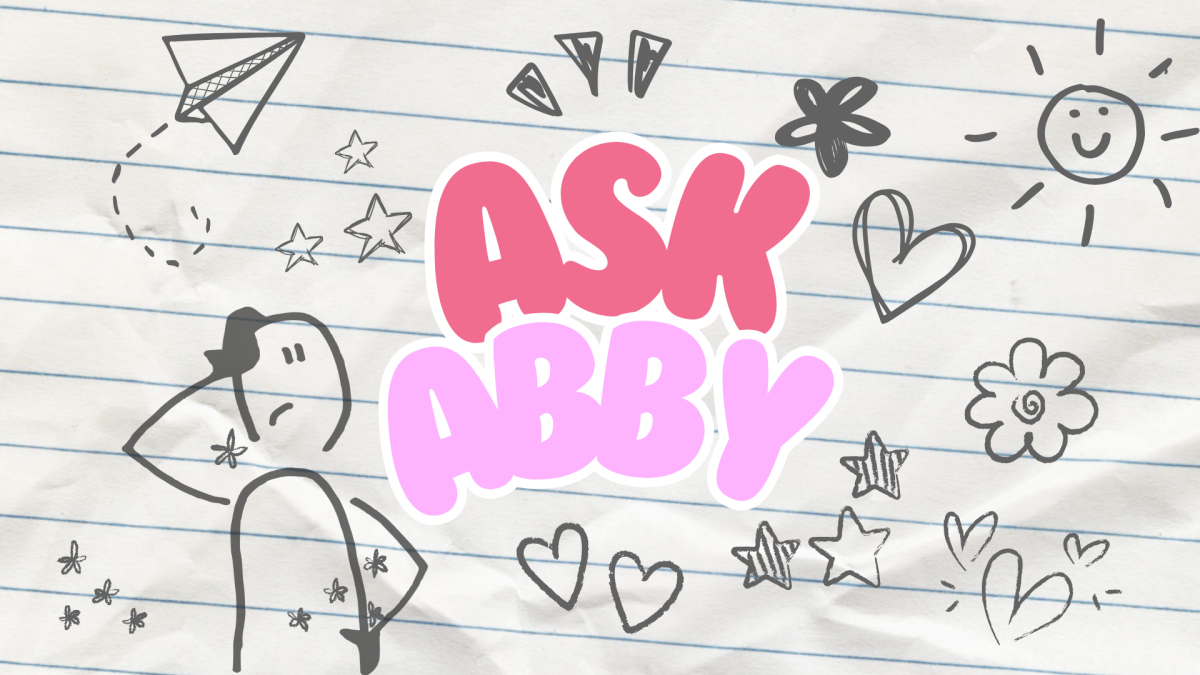Salutations Abby,
I feel like my friends don’t respect me—whatever shall I do?? More broadly, how shall I motivate those in my affinity group to actually participate in our activities? #thanks #byeee
– Disrespected Affinity Group Leader
***
Dear Disrespected Affinity Group Leader,
What a relatable concern! As an affinity group leader as well, I can totally relate to the struggles of trying to get friends (who seem to think they can get a pass from participating just because they’re friends with the leader—how rude!) to cooperate during important meetings.
This is a very important issue that probably affects several student leaders. Let’s start by identifying the issue. In my experience, getting your group to participate fully is an issue of one, or a combination of, the following root problems.
They don’t understand the profundity/importance of the work the group is doing.
This one is quite self-explanatory. In general, it can be hard to take anything a friend does seriously, which I believe is separate from respect. I do think that a fundamental requirement for friendship is respect, so if that isn’t there, you’d probably be having other issues. Therefore, rather than a problem of disrespect, I believe that the decreased participation of your friends may have to do with a lack of understanding for why they have to do a certain activity. As a very laugh-y person myself, I like to take care of this issue by completely changing my demeanor when I ask the groups I lead to do anything serious, so that they get the point. Aside from putting a slight frown on your face and using a deeper voice, you may also want to signpost activities and their importance before starting.
They’re surprised by the tone of the meeting.
Now, something that may happen when you take the advice from #1 is that friends will become flabbergasted by your new and unfamiliar behavior, and they will joke and act up to get you to stop being serious (because, again, it is characteristic for us teens to make jokes of serious topics to lighten the mood). In order to prevent this from happening, it is imperative that you begin your first few meetings with serious topics, setting the tone for the whole year. You can slowly lighten the load once you see that your group has adjusted to the kinds of activities you want to accomplish and incorporate some more fun, relaxed activities—the group will still be prepared to jump into something serious without any surprise. It’s like how people say teachers grade harshly at the start of the year, but relax over the course of the year so as to not hear complaints about how their grading has gotten harder.
They’re disconnected from the rest of the group.
Having your close friend as a leader gives you this mental elevation (no shame, it happens to all of us) that makes them think they are in this in-between level of power below the leads but above everyone else. They’re associated with a lead, but are not one themselves, detaching themselves into this bubble which can ultimately lead them to goof off on their own, even if others are engaging perfectly well. I find that this can be solved when you yourself collaborate with them in small group activities, or (even better) when you force them to feel like they are just as close to everyone else in the group as they are with you, so they subconsciously break the idea of being on a separate level. This would probably take lots of icebreakers and forceful intermingling, but I know you can do it!
I hope that these three insights give you a better idea of how to handle “disrespectful friends.”
As always, thanks for Asking Abby!
Love to be of your assistance,
abby



